A comparison: All You Need To Know About Moringa Leaves and Moringa Oil
Unlock the Power of Nature: Discover the Health and Beauty Benefits of Moringa Leaves and Oil
Moringa’s status as a superfood has been supported not just by traditional wisdom and use, but also through meticulous research. Virtually every part of this tree can be used for nutritional and medicinal purposes. Its roots, bark, seeds, seed pods, leaves and flowers are widely used throughout Asia and Africa to treat various ailments and provide a rich source of sustenance. In fact, the Mooring tree is an integral part of most programs to prevent malnutrition on the two continents.
Moringa is a fast-growing tree that can be grown in tropical and subtropical regions without much effort. It is hardy and drought-resistant, making it even more valuable as a food source in areas that are prone to arid conditions and prolonged dry spells. While the flowers and the pods – commonly called “drumsticks" for their elongated appearance — are seasonal, the leaves are available throughout the year. They can be eaten fresh or dried for later use without losing their nutritional benefits. The seeds of the plant can be roasted or eaten fresh, much like peas, and are a rich source of essential fatty acids and other nutrients. The mature seeds are processed into the coveted Ben oil, also known as Moringa oil, which is typically used externally but is edible, too.
The two most popular products derived for this tree are Moringa Leaf Powder and the Moringa Seed Oil. Both products are highly valued for their medicinal and nutritional benefits. Though they come from the same source, the two products are very different from each other and provide different benefits. If you are unsure about which you wish to use, read on to learn the benefits and uses of each — and make an informed choice.
Moringa Leaf Powder
Fresh Moringa leaves are delicious and can be used much like spinach. But they are not readily available, and they can’t be stored for very long. That’s why the Moringa leaf powder has taken the world of food supplements by storm in recent decades. In this form, it’s easy to use Moringa leaves to supplement your diet and enjoy the same enormous health and nutritional benefits that you would with a fresh leaf. Moringa leaves are known to be rich in protein, several essential minerals and micro nutrients, β-carotene and antioxidant compounds.
Moringa leaf powder is made from dried leaves. To obtain the powder, fresh green leaves are harvested, cleaned and shade dried. They are then pounded into a powder that can be stored for a long period of time. If properly sealed and stored, Moringa leaf powder can be effective indefinitely. These dried leaves actually contain more nutrients than fresh ones, as the nutrients are more concentrated after the drying process. The leaves have to be shade dried to preserve all the nutrients. When dried in the sun, they are known to lose some of their potency.
Using Moringa Leaves
If you find fresh green Moringa leaves, they can be used in salads, soups, as side dishes, and in stir fries. The dried Moringa leaf powder can be used as a condiment or taken as capsules, like most other health supplements). They can be added to your daily smoothies, shakes, health drinks and soups. Or they can be used to prepare healthy and delicious Moringa tea.
The Moringa leaves are currently processed into many different products, from Moringa leaf capsules to tablets, Moringa tea, toiletries, and health and beauty products to extract their benefits.
Moringa leaf powder not only provides nutritional value, but also has been used in traditional medical systems for years to treat skin infections, psoriasis, pimples, anemia, anxiety, bronchitis, chest congestion, asthma, swelling, headaches, conjunctivitis, diarrhea, joint pain and intestinal worms — just to name a few.
Moringa Oil
The Moringa seed oil benefits were well-known to ancient Indian medical practitioners, who used the oil to treat various ailments. This oil has also been used for several millennia in skin and hair care products. Moringa oil has been documented in ancient Indian and Egyptian scriptures as something used in cooking, for medicines, for beauty treatments, and even for embalmment.
Moringa oil is derived from the seeds of Moringa pods. While tender Moringa pods are used for food, once they ripen the seeds are extracted and processed to realize the nutritious and useful Moringa oil. The seeds of the Moringa are known to reduce fever and have antimicrobial qualities. They are also helpful in controlling hypertension and cholesterol levels, which make it a valuable plant for cardiovascular health.
Research has shown that cold-pressed Moringa oil retains all its beneficial qualities and is the best way to prepare the product for use. The seed kernels have a high amount of oil content, with oleic acid being the main fatty acid present. This puts Moringa oil on par with olive oil and just as good for cardiovascular diseases. Moringa oil also contains monounsaturated fatty acids , which are considered beneficial for the cardiovascular system. With high amounts of proteins rich in sulfated amino acids, sterols and tocopherols, Moringa oil is rich in minerals and vitamins, making it a nutritious and healthy edible oil.
Using Moringa oil
The ancients knew well the benefits of this amazing oil and used it for healing and in beauty products. Both the Romans and Greeks used it in perfumes, lotions, balms and ointments. The Egyptians used it to protect the skin against harsh conditions, heat and dust. They also used it for embalming their dead.
 Moringa oil can be applied topically to the skin and hair as well as consumed. It has been used as a cooking oil in many parts of the world for thousands of years. It’s anti-oxidative and contains antimicrobial qualities excellent for skin and hair. It also contains high amounts of Vitamin E, which is coveted for its beneficial effect on the skin. Moringa oil deeply moisturizes and rejuvenates the skin, helping to control fine line and wrinkles. The British took this miracle oil to Europe, where it was initially used as an industrial lubricant. It was the favorite oil of the watch- and clock-making industry, which used it to lubricate the delicate parts of the movement mechanisms. Now, of course, it is used in many other ways.
Moringa oil can be applied topically to the skin and hair as well as consumed. It has been used as a cooking oil in many parts of the world for thousands of years. It’s anti-oxidative and contains antimicrobial qualities excellent for skin and hair. It also contains high amounts of Vitamin E, which is coveted for its beneficial effect on the skin. Moringa oil deeply moisturizes and rejuvenates the skin, helping to control fine line and wrinkles. The British took this miracle oil to Europe, where it was initially used as an industrial lubricant. It was the favorite oil of the watch- and clock-making industry, which used it to lubricate the delicate parts of the movement mechanisms. Now, of course, it is used in many other ways.
Moringa oil helps in treating conditions like psoriasis, eczema, rheumatism, gout, venomous bites and minor infections, burns, and cuts, fights blackheads, acne, counterfeiting the bad effects of pollution of skin. It is also an excellent hair conditioner. It relieves irritation of the scalp, controls dandruff and prevents fungal infections and improves the strength of hairs. It is an invaluable product for skin and hair treatment and has been used for:
- Relaxation and sleep
- Perfume
- Lubricants
- Soaps
- Biofuel
- Cooking
Used in cooking, Moringa oil is quite palatable, with a light nutty flavor. It doesn’t go rancid, and has a high smoking point — making it an excellent substitute for other vegetable oils with lower thermal stability. When consumed, the oil helps combat stomach disorders, boosts immunity, lowers blood pressure, improves gut health while protecting the liver and the kidneys.
Learn the Secrets of Moringa Leaf Powder and Moringa Oil: A Close Comparison

Since these two products come from the same tree, they provide many similar benefits. While the leaf powder is useful for preventing malnutrition and as a food supplement, Moringa oil goes beyond health and nutritional benefits to also be used as a beauty product and as an industrial lubricant.
Moringa leaf powder is edible, delicious and nutritious when added to soups, smoothies, shakes and tea. For people who prefer not to add it to their food, it also comes in the form of capsules that can be taken as health supplements.
The oil, on the other hand, can be used to cook food and can be used as a food supplement taken in capsule form or added to foods such as salads. The oil can also be used as a beauty and massage oil. It can be made into beauty products, moisturizing creams, balms and ointments for medicinal use.
When using Moringa as a food supplement, the leaf powder is definitely the better of the two products. It is packed with proteins and nutrients, including micro-nutrients such as zinc and calcium.
The major difference between the leaf powder and the oil lies in the fat content. The leaf powder contains very little fat – just 2.3%. Most of the fats in Moringa are contained in the seed kernel that is processed for oil. Moringa oil is rich in unsaturated fatty acids, Omega 3,6 and 9 fatty acids. It contains few vitamins or phytochemicals, but is rich in sterols that prevent the absorption of cholesterol during digestion. It is a good source Vitamin E.
Comparing Moringa Powder and Moringa Oil
| Moringa Leaf Powder | Moringa Oil | |
| Uses | Food supplement, cooking, cattle feed | Food supplement, cooking, skincare and cosmetic products, industrial applications |
| Nutritive value |
Contains the following: Carbohydrates dietary fiber Protein Calcium Magnesium Potassium Iron Trace mineral. Vitamin A Vitamin B1, B2, B3 Vitamin C Vitamin K Various amino acids like Arg, His, Lys, Trp, Phe, Thr, Leu, Met, Ile, Val 28% protein |
Contains the Following: Fats 100 %out of which it has per 100 grams Saturated Fats – 20.8g Unsaturated fats – 78.6 g Polyunsaturated fats - .6%g oleic acid, palmitic acid, and linoleic acid Antibiotic called pterygospermin Also contains: Sterol Vitamin E Vitamin A Vitamin B Vitamin C Flavonoids (antioxidants) |
| Benefits |
Moringa leaves have been used for centuries to support a healthy immune system, improve energy levels, and promote healthy skin and hair. They may also help lower blood sugar levels, reduce inflammation, and improve brain function.
Medicinal and nutritional benefits, low in fat. Antimicrobial, antibacterial and anti-inflammatory properties |
Medicinal and nutritional benefits and for topical application also as industrial lubricant and bio diesel. Beneficial in cardiovascular diseases. Antimicrobial, antibacterial, antipyretic and anti-inflammatory properties. |
| Shelf life | Can be stored indefinitely without losing potency when stored in an airtight container in a cool dark place. | Long shelf life and doesn’t go rancid. |
| How to use | Can be used raw, cooked or added to food | Can be used raw in salads, used as cooking oil to sauté, fry, and cook food. |
| Cautions for use |
Some of the medications to be particularly aware of are:
|
Organic Moringa oil is considered to be safe. |
| Presentation | Capsules, tablets, loose powder |
Capsules or bottles |

Disclaimer: The above statements have not been evaluated by the FDA. This product is not intended to diagnose, treat, prevent or cure disease or illness
Resources:
https://www.sciencedirect.com/science/article/pii/S2213453016300362#bib0410
https://www.ncbi.nlm.nih.gov/pmc/articles/PMC8373516/
https://lipidworld.biomedcentral.com/articles/10.1186/s12944-016-0379-0
Malunggay ( Moringga Oleifera ) as an effective substitute for cooking oil. (2016, May 09). Retrieved from http://studymoose.com/malunggay-moringga-oleifera-as-an-effective-substitute-for-cooking-oil-essay
FDA Disclaimer
*This statement has not been evaluated by the Food and Drug Administration. This product is not intended to diagnose, treat, cure, or prevent any disease.

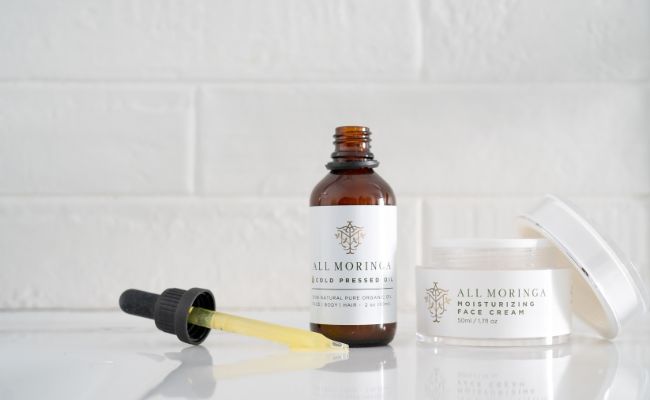
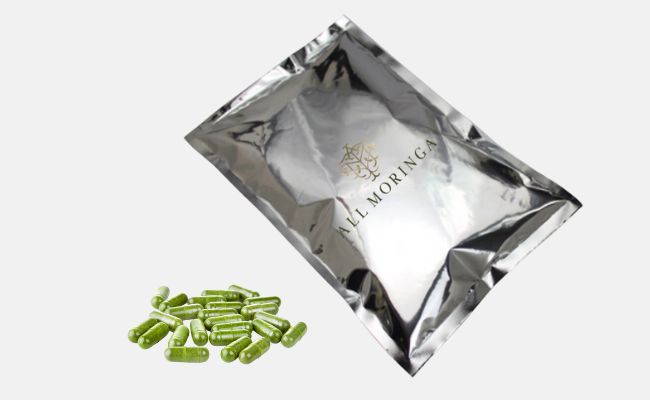
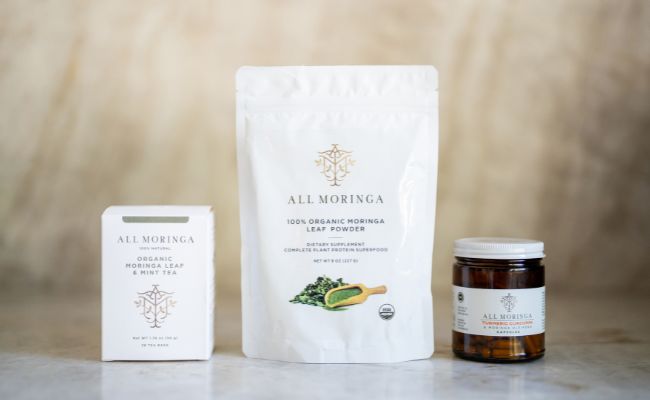
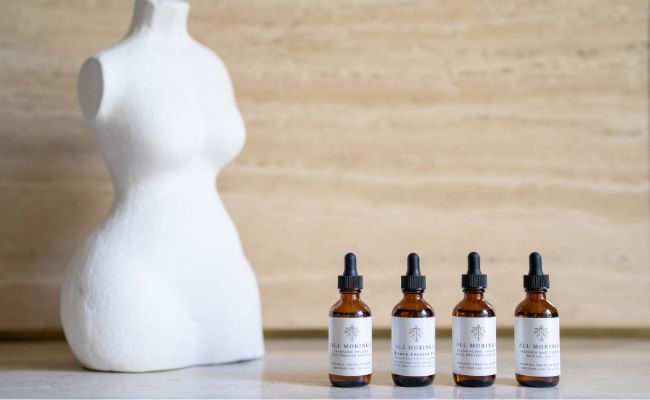

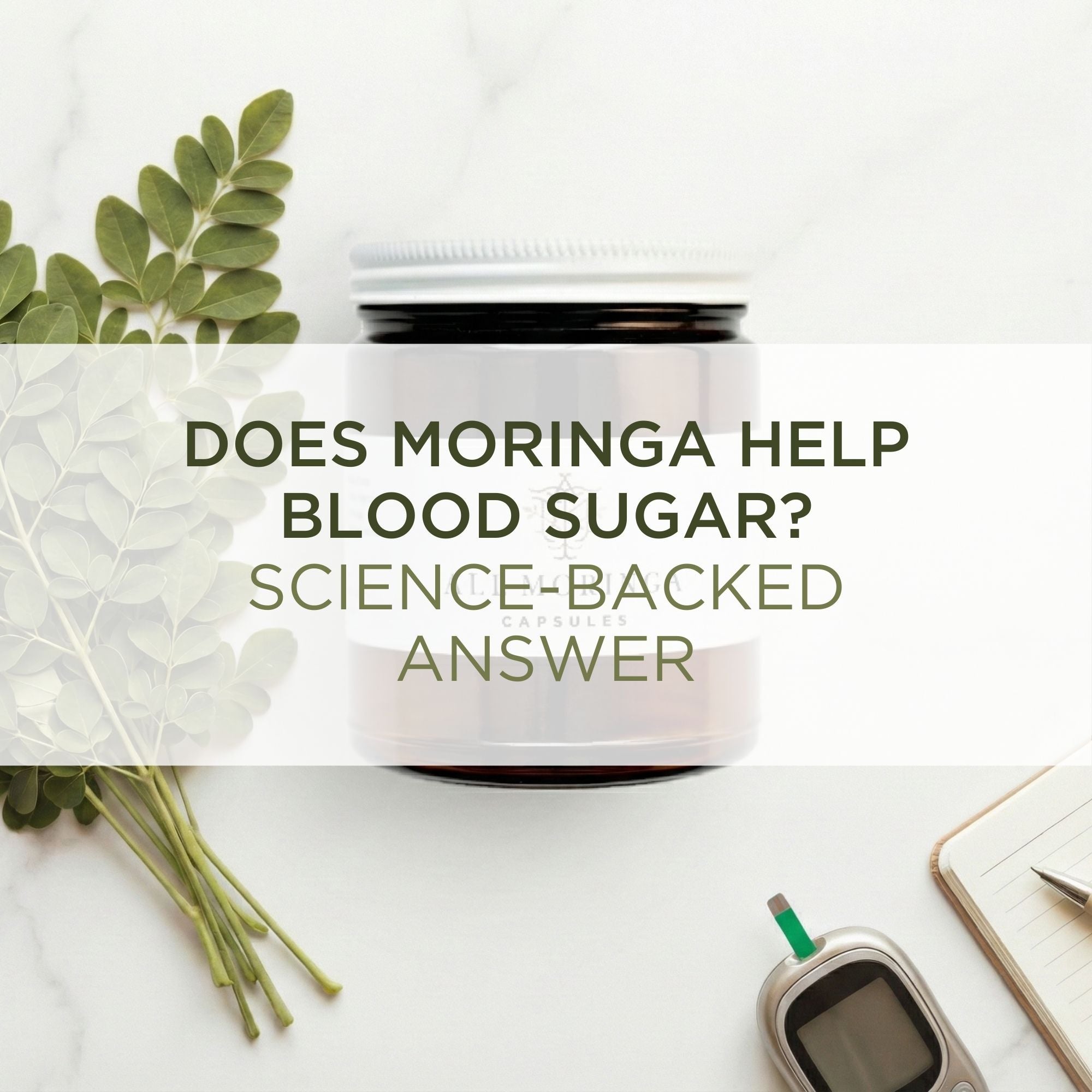
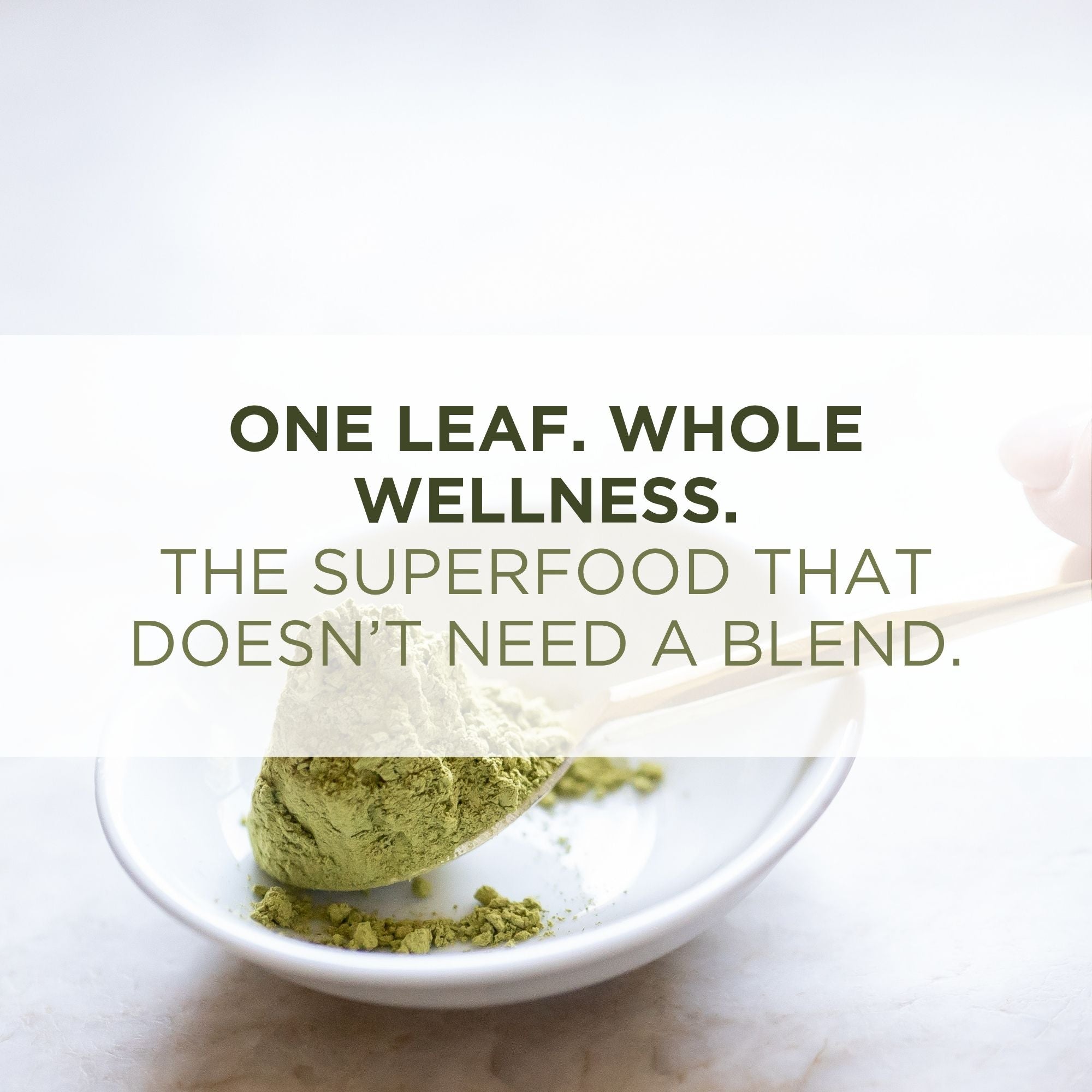

Leave a comment
This site is protected by hCaptcha and the hCaptcha Privacy Policy and Terms of Service apply.